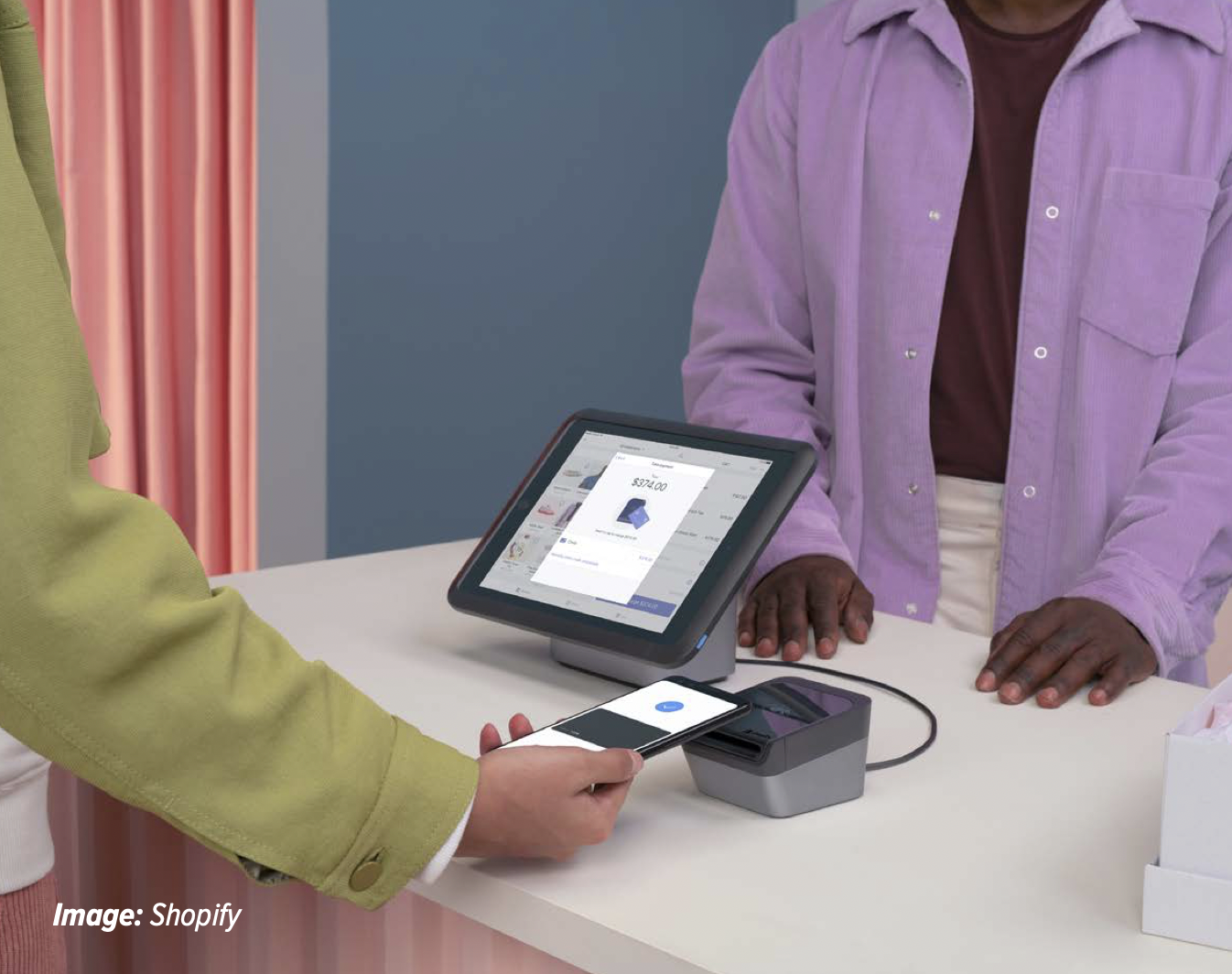Once upon a time, cards were just for banks. Non-financial companies wanting to add one to their offering had no choice but to pick a third-party product.
But embedded finance — a global industry which Barclays predicts could be worth $7tn in the next decade — has changed the game.
Banking-as-a-service fintechs have developed and launched the tools businesses need to offer their own cards and banking solutions. This can reduce the costs companies need to pay to banks to process their transactions and allow them to build more holistic and enticing services for customers.
“Anyone dealing with transactions within some kind of business flow, they at least need to explore how much they are paying,” says Denise Johansson, cofounder and co-CEO of card as a service provider Enfuce. “Are there any better means to do it? How could we get even more loyal customers? Could we earn more by providing an even better service? And if any of the answers are yes, then look into adding a payment card.”
If your startup is thinking of launching a card, we’ve got your guide here.
Is a card right for your startup?
The first thing you need to think about when launching a card is whether it makes sense for your type of business.
“If you’re selling goods through the internet and your customers are only with you once a year or twice a year, then adding payment methods won’t likely make sense for you,” says Johansson.
“Where you are facing the same customers over and over and you are providing goods and services for them,” she continues. “Then you need to look into how much you are paying to get paid by your customer for what you're doing and would it make sense for you to have a tighter relationship with that customer by adding your own payment method.”
Johansson says startups that could benefit most from launching a card range from growing fintechs to mobility startups. She says cards can help get valuable customer data (through insights into their transactions), create a seamless customer experience (by having payments completing within the same app), get more revenue (through interchange fees) and create more value (through loyalty programmes).
For instance, Enfuce helped Whim, an all-inclusive mobility app to issue Mastercard prepaid cards, where users can top up their card and pay for various subscriptions and pay-as-you-go plans in one place instead of having to make separate payments for each mode of transport.
How can you incentivise your customers?
Of course, the main benefit for adding a card to your business is adding value to your service.
“When you create a new type of service for anyone, you want to enrich that consumer with something,” says Johansson. “They do something that gives more value to me so I’m willing to pay a little more for that extra value, so it’s the markup.”
However, launching a card without any incentives probably won’t work. There needs to be a reason for a customer to go to the trouble of getting one, so businesses should think about adding things like loyalty schemes or money-saving features.
When you create a new type of service for anyone, you want to enrich that consumer with something
“Just adding the card without any benefits for the user, now that won’t fly,” says Johansson. “Think when would I be willing to add a card to my wallet, it’s whenever I can get benefits out of taking out that one, so you need to incentivise your customers. It can be a loyalty programme, cashback or better discounts.”
Also adding the right product features can attract customers, such as providing integrations to big digital wallets. Enfuce helped one Nordic neobank to provide three of the largest digital wallets in the market — Apple Pay, Google Pay and Samsung Pay. The company says this led to a 30% growth in customers and 50% activation rate of digital wallets.
Do you have the right expertise?
So you’ve decided to launch a card and you’ve picked your incentives, what next? Johansson says think about how much you actually know about card payments and offering different features.
“Especially when we talk about embedded payments, if the founders, the teams, have no experience from the cards and payments space, they have brilliant ideas on how to improve the quality of a consumer’s life,” she says. “But no idea of what embedded payments mean, what card issuing means. So the typical problem is that it’s a big black hole for them, they see that okay, I have this subscription model, but what do I do? How do I actually get funds from my customers?”
At this point, startups should consider outsourcing expertise, adds Johansson: “That’s when they need to look for a partner that can fill that black hole with knowledge and bring them overall solutions.”
This means the complexity of navigating banking regulations in different geographies and knowledge surrounding the technical infrastructure of transactions can come from the experts.
Look for a partner that can fill that black hole with knowledge and bring them overall solutions
For example, Swedish expense sharing startup Steven partnered with Enfuce to launch a Mastercard connected to its app — and the biggest digital wallets.
“We highly value our partnership with Enfuce,” says Jon Wimmercrantz, Steven’s chief marketing officer. “They are enabling us to launch a payment card as well as digital wallets making sharing expenses with friends and family even more seamless in Sweden and in a handful of other EU markets in the near future.”
Johansson says she wants Enfuce to be like “a one-stop shop for anyone who wants to issue a method to pay for any type of goods or services.”
“We want to fill that full gap for our customers and we want to share our knowledge with them,” she says. “We want them to succeed, because it’s when our customers succeed, that’s when we succeed as well.”
Download Enfuce’s complete guide to card issuing - now with new insights.




